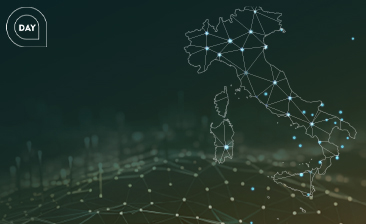
Acea for World Energy Saving Day
It is normal to wonder if drinking tap water is a safe choice, and the answer to this question is: absolutely yes. In Italy, in fact, tap water is subject by law to analytical check-ups which are carried out on a scheduled and constant basis, thus guaranteeing the quality of water.
Health safety is a primary requirement that the Acea Group, thanks to the Acea Ato 2 company which manages the water service in Rome and its province, guarantees on its drinking water distribution network by means of continuous and rigorous check-ups starting from the water table. Using tap water is a virtuous action to protect the environment. There are many reasons for choosing to drink tap water, not least the convenience of always having it available.
How do you determine the quality of drinking water? Through the controls.
The analysis of the main chemical and microbiological characteristics of the water – such as, for example, the quantity of fixed residue contained – allows to establish its quality parameters.
Overall in 2023, 419,940 analytical determinations were carried out in the Ato 2 area (Rome and province), for a total of 14,412 drinking water samples.
In 2017 – by decree of the Ministry of Health – the implementation of PSA was established. Through the PSA it is possible to prevent the risks inherent in the drinking water service; this is made possible thanks to the punctual checks that are conducted along the entire supply chain from collection to the user meter.
Analytical determinations for water intended for consumption are carried out on samples taken from springs, wells, adduction plants, tanks and along the distribution networks, as well as on samples taken for extraordinary checks.
The frequency of checks and the withdrawal points are established considering the volumes of water distributed, the population served, the state of the networks and infrastructures and the specific characteristics of the local sources.
The PSA implementation process began with an Acea Ato 2 pilot project in collaboration with the Italian National Institute of Health in 2018 and is now consolidated within the company's activities. To date, the work team has prepared the water safety plans of the major 10 managed aqueduct systems, for an extension of approximately 640 km.
The fixed residue of water indicates the amount of salts present per litre of water, expressed in milligrams. This value is obtained by weighing the sediments that remain after having evaporated one litre of water.
The value of fixed residue of low mineralized water is below 500 mg/l: waters with this characteristic are therefore considered suitable for daily consumption, as they have on average a balanced saline composition which allows the water to have proper diuretic function.
The average value of the fixed residue of water estimated by Acea Ato 2 is 385,9 milligrams per litre.
Rome is one of the few metropolises in the world to have a water network which, for most of the water supplied, does not require a preliminary purification treatment: the spring water drawn to supply the Rome and Fiumicino area has excellent quality levels since the origin.
Despite this premise, the quality of the supply is monitored and certified by Acea Ato 2 through analyses carried out using instruments located in the aqueducts and by taking daily samples.
Due to the quality of the water at the source and the strict check-ups, drinking tap water is not only a practical habit for Rome’s inhabitants, but also a highly sustainable choice.
Water saving and responsible water consumption are very important and topical issues. Thanks to a few small daily precautions it is possible to save water and reduce waste in our homes.
The general rule is not to use drinking water improperly and to avoid its dispersion as much as possible.
A good precaution is, for example, to apply flow reducers to taps, i.e. small devices that reduce the flow rate of the water jet without compromising its performance and thus limiting its consumption. Another good rule is to always check that the taps are tightly closed after use and to repair any leaks immediately, as well as always using washing machines and dishwashers with a full load.
It can also be very useful to close the central tap whenever you intend to spend a longer or shorter period away from home.
Finally, for washing food or dishes it is good to use containers - and not direct jets - to avoid waste.
Discover the latest news and initiatives of the Acea Group

Acea for World Energy Saving Day
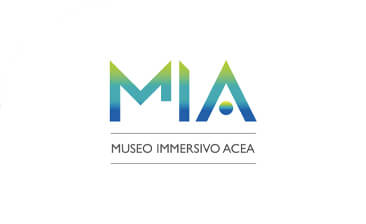
Visit the virtual museum about the history of the Acea Group
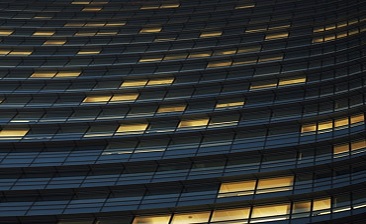
The channel for the commercial requests on land urbanisation
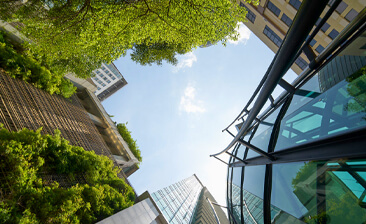
Acea turns the spotlight on the Rome Film Festival 2023
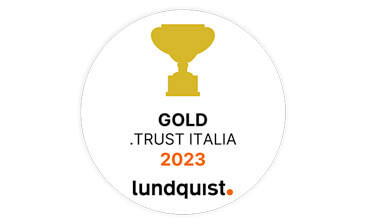
Acea is in the "Gold class" in the .trust research
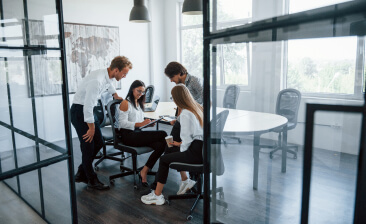
Read more about our culture of inclusiveness